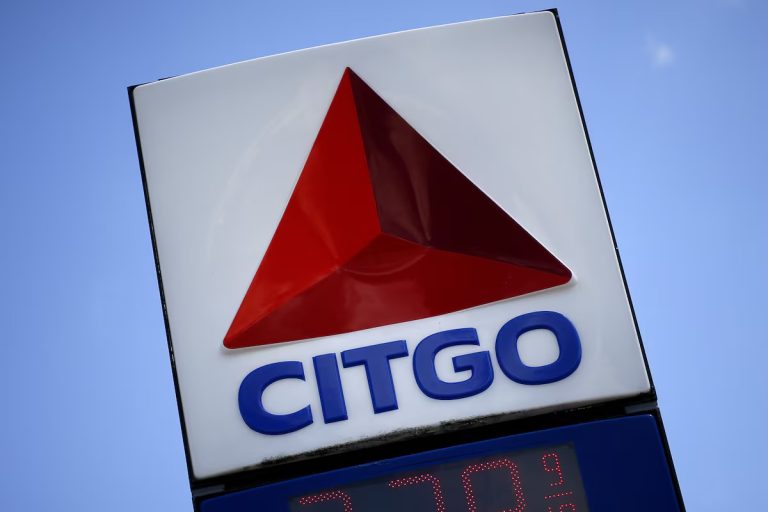Venezuela on the Brink of Losing Citgo, Its Prized Foreign Asset
Venezuela faces the imminent threat of losing Citgo, its most valuable foreign asset, as a U.S. court-ordered auction of shares in Citgo’s parent company, PDV Holding, nears its final stages. The auction, driven by an eight-year legal battle in Delaware, could strip Venezuela of a cornerstone of its economic and geopolitical influence. With billions in debt, political turmoil, and U.S. sanctions complicating the situation, the loss of Citgo would mark a devastating blow to the struggling nation.
The saga began with a lawsuit filed by Canadian mining company Crystallex, which sought compensation for Venezuela’s expropriation of its assets. A Delaware court ruled that PDV Holding, a subsidiary of Venezuela’s state-owned oil company PDVSA, was liable for the country’s debts. This opened the door for creditors to claim up to $18.9 billion, far exceeding Citgo’s estimated value of $11-13 billion. The court ordered an auction of PDV Holding’s shares to satisfy these claims, with the process now in its final phase. Bidders, including investment firms and energy companies, have submitted revised offers, and a judge is expected to recommend a winner by July 2, 2025, with a final hearing set for August 18, 2025.
Citgo, a Houston-based refiner with a network of 4,200 gas stations across the United States, has long been a symbol of Venezuela’s global reach. However, its financial performance has weakened, with profits plummeting from $2 billion in 2023 to $305 million in 2024, and a reported $82 million loss in the first quarter of 2025. These struggles have depressed its valuation, with the auction expected to yield only $7-8 billion—insufficient to cover the creditors’ claims. This shortfall raises questions about how the proceeds will be distributed and whether additional legal battles will ensue.
Venezuela’s ability to retain Citgo is severely constrained. The Delaware court has allowed representatives of Venezuela to submit a bid, but raising the necessary funds and securing political support in both Caracas and Washington is a daunting task. U.S. sanctions, imposed in response to the Maduro government’s policies, restrict Venezuela’s financial maneuvers and complicate negotiations. Since 2019, when Citgo severed ties with PDVSA, Venezuela has struggled to find markets for its crude oil, further eroding its economic leverage. The opposition, which has historically worked to shield Citgo from creditors, lacks the authority and resources to alter the auction’s trajectory.
The auction’s outcome hinges on multiple factors, including approval from the U.S. Treasury Department, which must vet the winning bidder due to sanctions. Geopolitical tensions add another layer of uncertainty, as the U.S. and Venezuela remain at odds. While a last-minute deal or intervention could theoretically preserve Venezuelan control, the combination of legal rulings, financial limitations, and diplomatic hurdles makes this scenario unlikely.
The potential loss of Citgo carries profound implications. For Venezuela, it would mean surrendering a critical source of revenue and influence, further isolating the country in the global energy market. For creditors, the auction represents a chance to recover long-owed debts, though the shortfall in proceeds may spark further disputes. As the July deadline approaches, the fate of Citgo hangs in the balance, with Venezuela’s economic future at stake.
**Source**: Information compiled from real-time web searches and analysis of posts on X, reflecting developments up to June 16, 2025.


